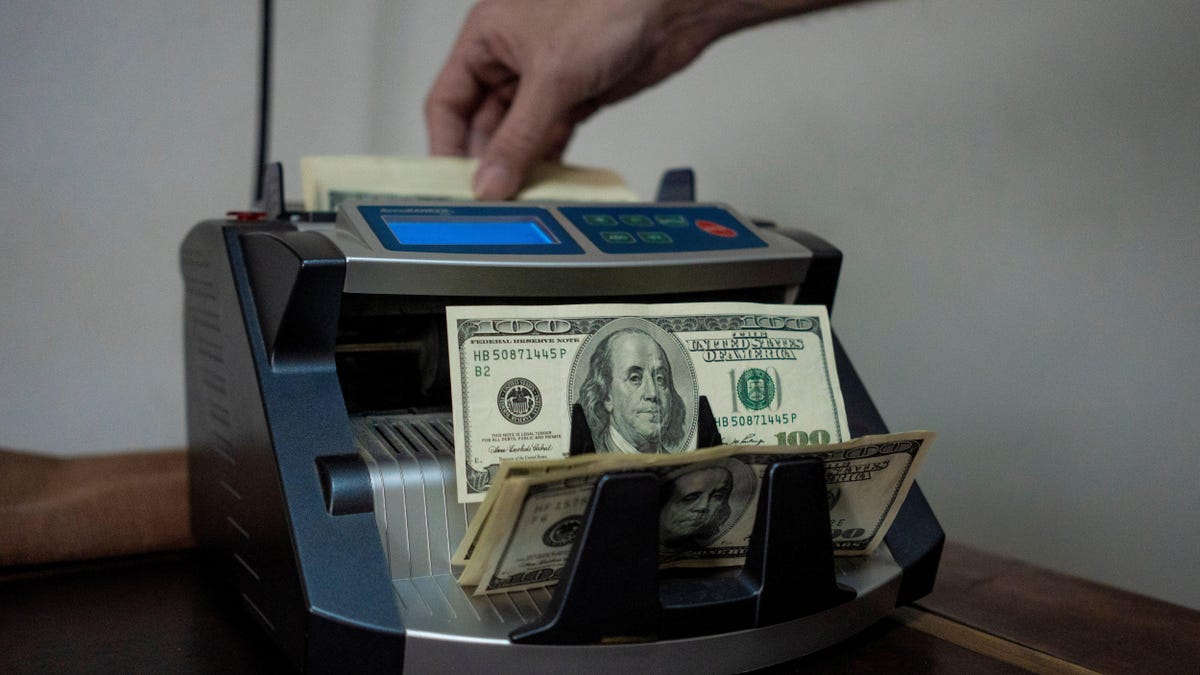I just want to point out that it’s not “universal basic income” if it’s not universal. Yes, we all know that some people are going to be paying $250k per year in taxes and getting $10k in UBI, but research has shown that support for a program is stronger if everyone has access to it, that administrative expenses add significantly to the cost of the program without adding value to the participants (and in fact putting an additional burden for paperwork etc on them), and as a result they’re more likely to be decreased or cut. Most of these (with the exception of Alaska) aren’t UBIs, but rather need-based supplemental income (SI) programs.
I’m not against SI programs at all. Unless and until we figure out UBI (which means both technological and social advances), SI can help people through rough patches and rough lives.
The reason why people are interested in UBI (at least some people) is that we’re watching productivity explode but we’re not seeing worked hours go down or salaries go up (except at the highest levels). UBI is the recognition (and the hope) that we will transfer into a post-scarcity society.
I think the first step will be the 32 hour workweek, where we move from two to three days off at the same wage levels, and build from there. I’m still supportive of the SI programs, but UBI is a social transformation and reorientation, not just helping people pay rent.
It only works because the corps can’t raise prices in isolated areas where testing is happening only
This is the best summary I could come up with:
Tech billionaires like Sam Altman say they’re big fans of UBI and claim that it could solve the problem of mass job displacement when robots and software take over much of our economy.
Rumsfeld also brought on Dick Cheney to help him with the program (later, of course, the duo would go on to disastrously run Bush II’s White House foreign policy team and embroil America in pointless wars).
UBI proponents contend that this model—in which a valuable resource is treated as a shared economic asset—is one of the more promising methods by which basic income could be scaled up to provide for a much larger, national system.
Data about the projects was collected by the Stanford Basic Income Lab, which compiled a report that showed the pilots had helped low to middle-income families meet their essential needs.
The program, which was designed to cushion the blow from covid-related economic turmoil, has consistently delivered $1,000 a month to 200 participants and, as a result, has invested nearly $5 million in the community.
The Compton Pledge was a UBI experiment that, as Time puts it, sought to test whether it could transcend its “status as a small research project in progressive Los Angeles and someday work as a nationwide program funded by taxpayers”.
The original article contains 1,363 words, the summary contains 212 words. Saved 84%. I’m a bot and I’m open source!
This is the worst summary I’ve ever read.
I like when the bot posts the whole article word for word. “This is the best summary I could come up with…Saved 0%”.
I just wish it would stop upvoting its own comments, humans should always have higher priority when all else is equal
Edit: 🤯 https://github.com/RikudouSage/LemmyAutoTldrBot/pull/23



